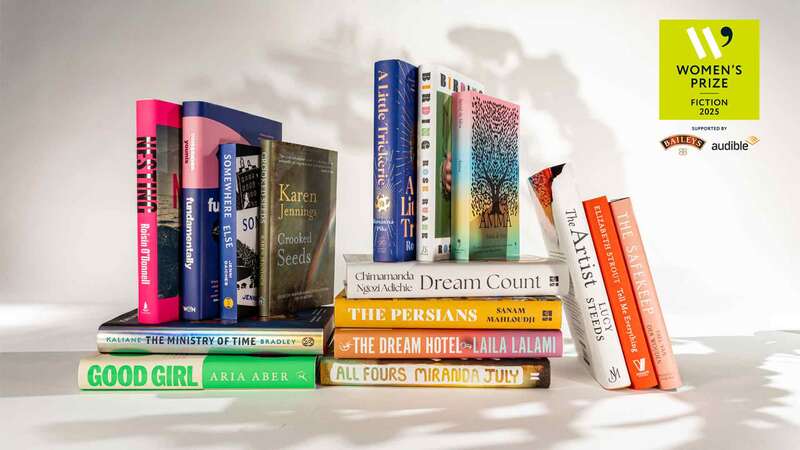You are viewing your 1 free article this month. Login to read more articles.
IoE study shows reading for pleasure boosts vocabulary
Children who read for pleasure achieve higher results in vocabulary scores as adults, according to a new study from the Institute of Education.
For the report "Vocabulary From Adolescence to Middle-Age", researchers Alice Sullivan and Matt Brown studied the vocabulary test scores of more than 9,400 British people aged 10, 16 or 42. During the tests, the participants were asked to match up different words with similar meanings.
When looking at the tests taken by people aged 42, those who read for pleasure as a child scored 67% but those who didn’t scored only 51%.
“The long-term influence of reading for pleasure on vocabulary that we have identified may well be because the frequent childhood readers continued to read throughout their twenties and thirties,” said Sullivan and Brown. “In other words, they developed ‘good’ reading habits in childhood and adolescence that they have subsequently benefited from.”
Socioeconomic background does affect people’s vocabulary scores, as regular readers tend to come from more advantaged families, but even after the results were adjusted to take background into account there was still a 9 percentage point gap in vocabulary scores at age 42 between those who were either frequent or infrequent readers in their youth.
The type of material read also has an affect on vocabulary, because highbrow fiction made the greatest improvement on readers aged 16-42, and so does university education.
Almost half (48%) of graduates of the Russell Group universities said they liked to read contemporary literary fiction, compared to only 30% of other graduates. And 56% of the Russell Group graduates read only broadsheets, compared to 34% of other graduates.















